|
I gave two in-person presentations to the Expert Panel Review of Environmental Asssessment Processes during their public consultations in Nanaimo, BC. Both presentations focused on the role of science in environmental impact assessment, including current weaknesses and numerous recommendations to strengthen EA-related law, policy, and practice.
Please write to your Member of Parliament - especially Cabinet Ministers and the Standing Committee on Environment and Sustainable Development - and Senators to ask them to support stronger environment-related laws in Canada. More to come about science in environmental assessment... We have to #getEAright!
My work tries to help people live well and be happy without hurting other living things. It's hard: people use spaces and sometimes hurt living things to make food, homes, and jobs. The place I work is far from big cities. It is well known for green land, big trees, lots of water, and amazing animals. People have lived there for thousands of years and know a lot about its living things, land, and water. Together, we study ways for people to have jobs that make money but don't hurt other living things as much as we do now. We make plans for clean air and water, to make homes trees and animals, and for people to fight less. When we learn new things, we go back to our first plans to make them better and share with others.
I'm really looking forward to this talk next week at UVic. Dr. Alejandro Frid is a conservation ecologist working in BC's Great Bear Rainforest. Alejandro is the science coordinator for the Central Coast Indigenous Resource Alliance (CCIRA), an important partner of our lab. In CCIRA, the Kitasoo/Xai’Xais, Heiltsuk, Nuxalk and Wuikinuxv Nations are taking an ecosystem-based approach to manage their traditional territories, balancing the environment, local economies, and cultural and social health. Alejandro's research experience spans from conflicts between industrial development and terrestrial wildlife to the effects of overfishing on marine ecosystems. I know he's going to give a really exciting talk.
Monday, January 12, 1:00 - 2:00 pm David Strong Building, Room C103 University of Victoria Check out Alejandro's new book Storms and Stillness. It's a search for optimism amidst the climate change and biodiversity crises, as told by Alejandro writing letters to his young daughter. Weaving science and stories of connection to Earth, the book steers readers towards imagining their own role in preserving the vibrancy of our planet. There will be copies of the book for sale at the end of the talk. 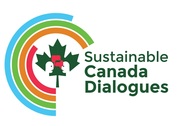 This weekend, hundreds of thousands of people are expected to rally in New York City. More - maybe millions - will join in around the world. Why? It's part of the People's Climate March and Mobilization, putting pressure on global leaders to take meaningful action on climate change at the UN Climate Summit 2014 and at the United Nations Climate Change Conference in Paris, December 2015 (COP21). These are exciting times. There have been a lot of environmental movements, but somehow this one feels... different. Recognizing that climate change affects everyone, this movement is very inclusive: faith groups, unions, businesses, parents and schools are joining together to advocate for global action on climate change. I'm part of the Sustainable Canada Dialogues, a team of 70 Canadian scientists and academics who study environment and sustainability. We're working on viable, science-based policy options to motivate political change and help Canada transition to a low-carbon economy. You can follow us on Twitter and Facebook. We recently wrote an open-letter about why Canada needs to act on its "sustainability deficit". You can read the letter below. We're encouraging everyone to attend People's Climate events this weekend. There are more than 2000 events worldwide, including 120 in Canada from coast to coast to coast. Find one near you! (Edited to update published letters)
TALK: Wed., May 28 9:30-9:45 am "Would you like carbon or chimpanzees with that? Biodiversity and ecosystem services in African tropical rainforest"
POSTER: Tues., May 27 4-6 pm "Evidence for Democracy: Scientists advocating for science integrity and evidence-based policies", co-authored with Dr. Dom Roche and Dr. Katie Gibbs  Are you a current McGill graduate student? Interested in sustainability, climate change, and science policy? If so, the Sustainable Canada Dialogues invites you to a one-day visioning workshop. Date/Time: Thursday, May 15, 2014, 9 am - 4 pm (refreshments & lunch provided) Location: Room W2/3A, Stewart building, 1205 Dr. Penfield Ave., McGill, Montreal This interactive workshop is one of the first in a series with diverse stakeholders across Canada. In this session, we seek input from McGill graduate students on:
Your participation will inform the development of evidence-based recommendations to politicians and policy-makers regarding sustainability strategies in Canada. You do not need special experience or prior knowledge of sustainability or policy issues. Your participation will add important perspectives and experiences on possible futures for Canada. To register, fill in this online form before Monday, May 12. Please contact me for more information. Use the hashtag #SustainableCAN to follow the workshops across Canada. About the Sustainable Canada Dialogues
The Sustainable Canada Dialogues (SCD) is a new Canadian working group dedicated to developing evidence-based recommendations to integrate sustainability principles and processes into federal policy. It is an effort to harness the unique opportunity for Canadian scholars to contribute to the social discussion of fundamental environmental issues in Canada, and will target positive action as a means to stimulate conversation around sustainability. The first phase of the SCD plan includes synthesizing and diffusing expertise from a broad range of Canadian sectors regarding their impact on the environment and climate change. Following, we are planning a participatory collaboration with various stakeholders across Canada to envision a sustainable future, and to build a portfolio of possible avenues of attaining this vision of a sustainable Canada. We work with diverse stakeholders across Canada to:
SCD is led by Dr. Catherine Potvin, UNESCO-McGill Chair in Dialogues on Sustainability (McGill) and guided by a Scientific Committee composed of Drs. Fikret Berkes (UManitoba), Sally Aitken (UBC), Heather MacLean (UofT), Mark Stoddart (Memorial), and Chantelle Richmond (Western). I sit on the outreach committee. ** CANCELLED - TO BE RESCHEDULED IN FALL 2014 **  One of the things I love about working at a university is learning about research through campus seminar series - and now it's my turn! I've been a Visiting Scholar at the Institute for Coastal Research at Vancouver Island University since September 2012. Everyone at VIU has been really good to me during my stays in Nanaimo! It's such a welcoming environment and I've been fortunate to be involved in some of their research, like the Protected Areas and Poverty Reduction project. I'm looking forward to sharing some of my doctoral research with everyone. It's a public talk so everyone is welcome! Bring your LUNCH AND LEARN about research at VIU!
Tuesday, April 22 from 12 pm-1 pm ICR Lounge, 4th floor of Building 305 (the library building, just north of the bus loop) Vancouver Island University, 900 Fifth Street, Nanaimo, BC "People and monkeys and trees, oh my! Restoring biodiversity and ecosystem services in an African tropical rainforest" Conserving tropical rainforests seems like a conundrum. Tropical rainforests are home to more than half the planet’s biodiversity and provide vital ecosystem services that humanity depends on. But human activities like logging and farming destroy or degrade vast areas of rainforest every year. Restoring rainforest is critical for conserving biodiversity and providing ecosystem services, but restoration can be difficult, expensive, and slow. In this talk, Aerin will explore how past and present human activities affect the recovery of rainforest and wildlife in western Uganda’s Kibale National Park. She investigates contrasting changes in habitat inside and outside the national park, the potential for exotic species to accelerate native forest regeneration, and interactions between forest regeneration and primate and elephant populations. Although conflicts arise between different elements of biodiversity and ecosystem services, this is a rare case of finding win-win scenarios in natural resource management. If you want to see change, you gotta be part of making change. I nominated four outstanding Canadian women for the 2014 A Bold Vision initiative, a meeting of 23 outstanding women in Canada. I'm taking a leaf from Dawn Bazely's example (see here and here) by posting about why I think they are terrific candidates. Click on their names to read the full nomination. Update: Turns out that I was nominated too!
Here is my plea for YOU to nominate terrific people for awards - and to encourage people to self-nominate! Scroll down to the bottom of this page to see some awards in science, social justice, conservation, and more. Please consider diversity of all types when you think of nominees.
I got such a kick out of seeing wildlife through remote cameras, and these videos from coastal British Columbia are great. They were taken in the "Great Bear Rainforest" (aka BC's Central and North Coast), a huge stretch of temperate rainforest on Canada's west coast running from northern Vancouver Island to southeast Alaska. Wildlife are plentiful and people have lived there for millennia, but the region really sprang onto the world stage in the last decade or so. It's an amazing place - and it's where I hope to do postdoctoral research! Remote cameras let scientists study wildlife from afar. Using these and other non-invasive methods of research, we can minimize the impact of research on animal behaviour. But Remote cameras aren't entirely without impact - they can inadvertently affect animals - so we need to be careful how, when, and where they are used.
Standup4Greatbear documentary This last video isn't about remote cameras - it's about Norm Hann's stand-up paddleboard trip through the Great Bear Rainforest, following the route of the proposed Enbridge Northern Gateway Pipelines project. His goal was to highlight First Nations culture and traditional food harvest and the threat that an oil spill would have on local people, wildlife, and the environment. (Go to 32:00 to see my friend Chris Williamson's project making cedar stand-up paddleboards with students at the Bella Bella Community School - also covered by National Geographic!) |
AuthorConservation scientist at the Yellowstone to Yukon Conservation Initiative (Y2Y). Likes trees, mountains, chocolate, and looking under rocks. Feminist. Archives
March 2020
Categories
All
|
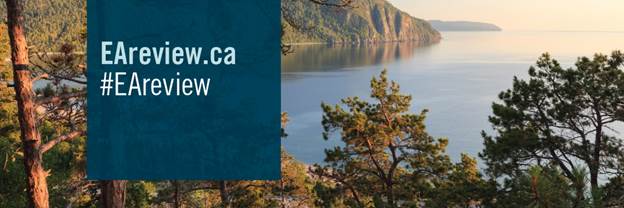

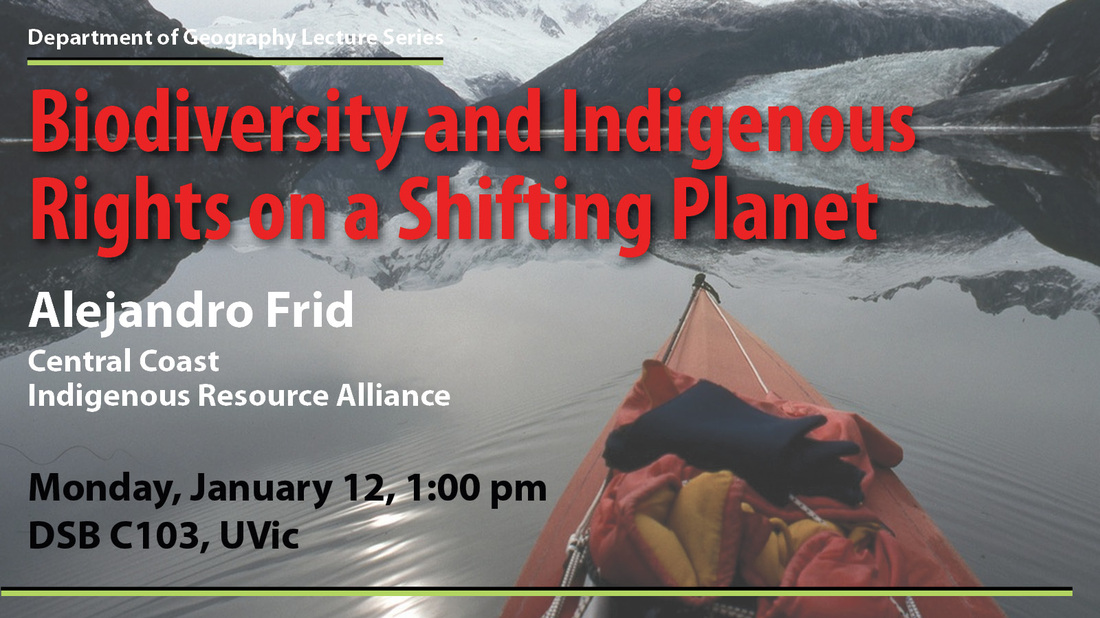
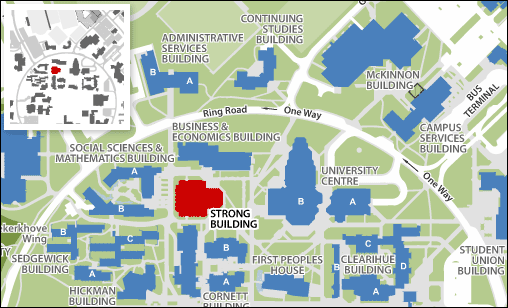






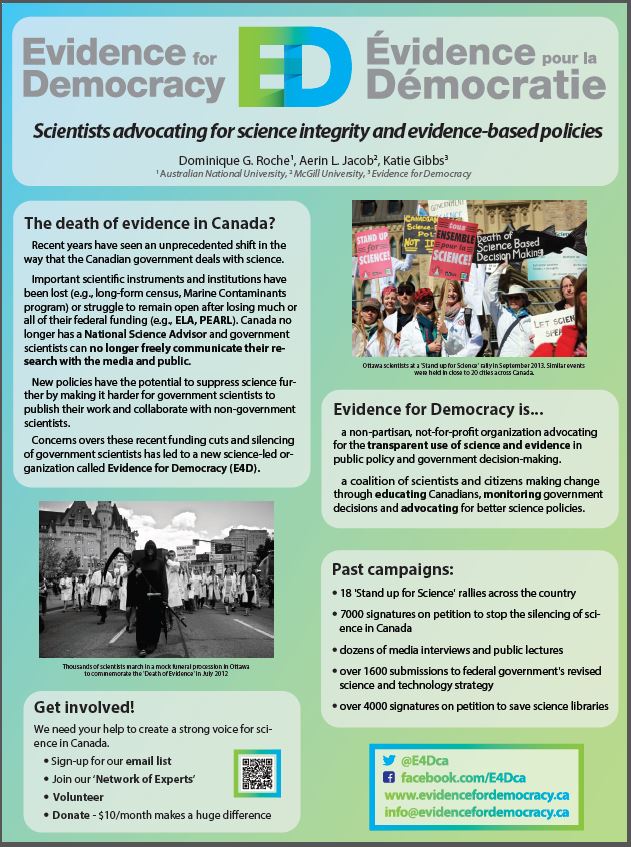
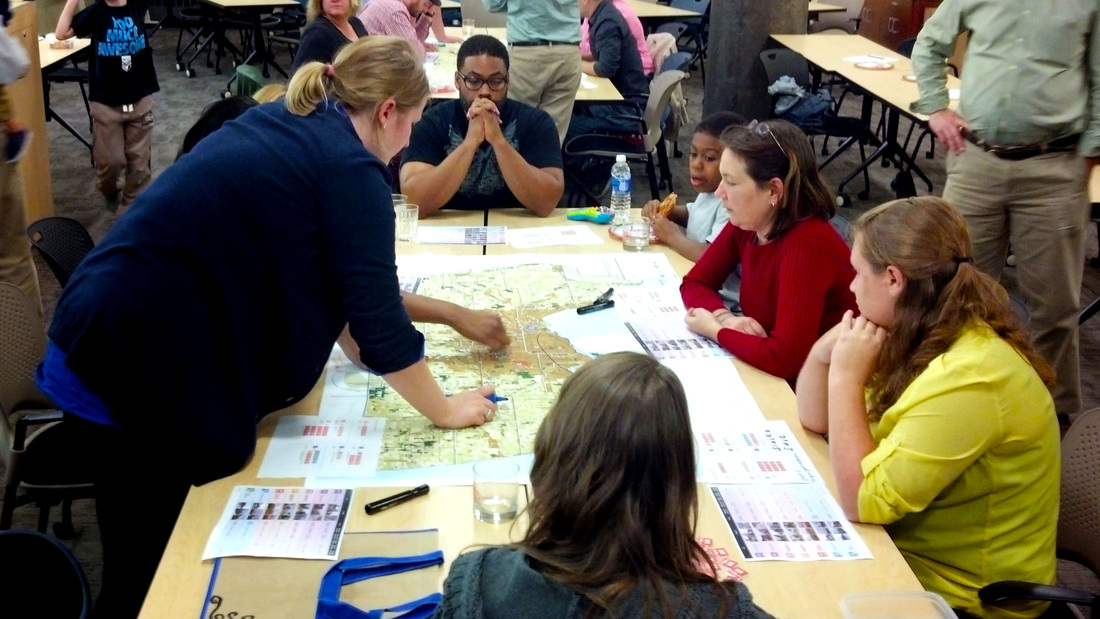
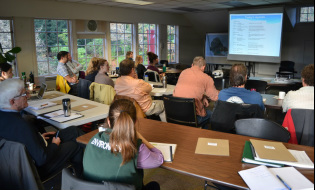
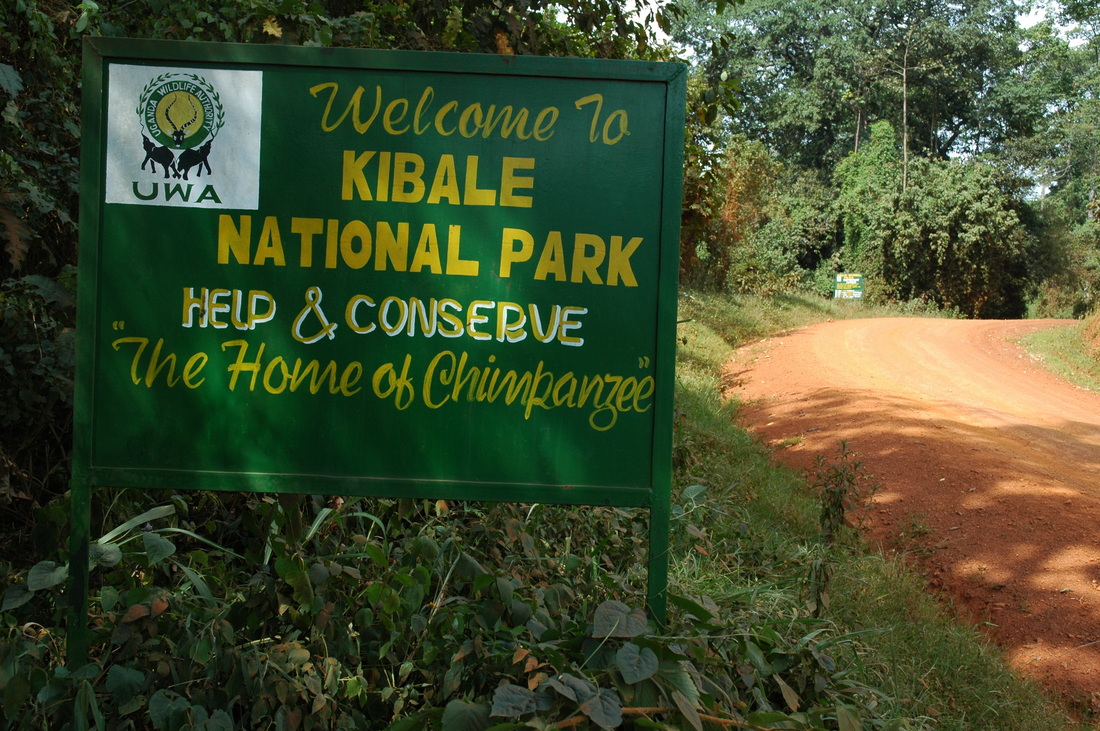
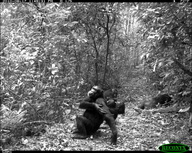
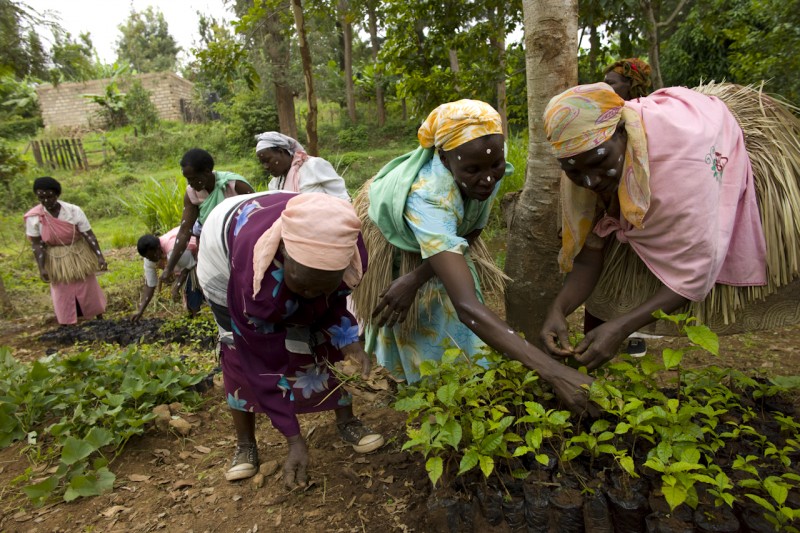




 RSS Feed
RSS Feed
